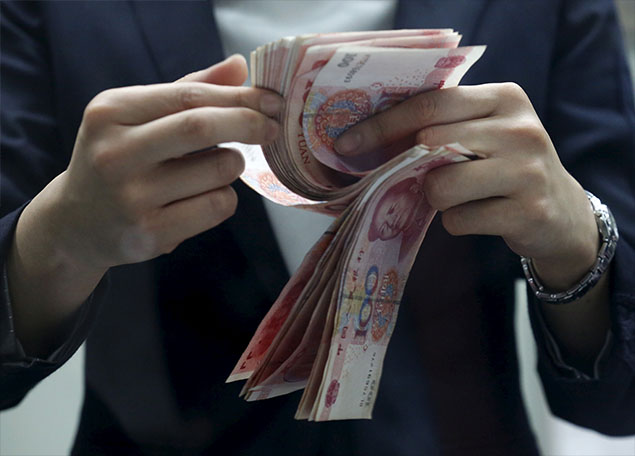With holding the 40th anniversary of reform and opening-up, China had a look at the past achievements. The dream of the ruling party for a civil and prosperous society has come true and people live a peaceful and comfortable life.
The government has lifted more than 800 million people out of extreme poverty which is a remarkable achievement in the history of China – the second largest country in the world in the face of being one of the poorest countries. Meanwhile, there are a lot of tremendous projects in the pipeline and one can claim with full confidence that China will alleviate poverty in 2020.
To view the four-decade-back China, it was a highly dependent country but it developed step by step through struggle. For example, watches, bicycles and sewing machines were the three durable consumer goods of China in 1970s. In 1980s, China produced three more durable goods television, refrigerator and washing machine. It widened the realm of its goods and produced air conditioners, telephones and personal computer in 1990s. After 200, China also produced car, mobile phone, automobile, etc. and stood on its own feet economically.
Now the question is that how China was changed from a periphery country to a core country? If a country seeks to stand on its own feet, there are some steps to be taken which were also implemented by China. The first step is that it will have to improve human capital and prioritize education so as to provide high skill labor force for development. Secondly, vocational education and on-the-job training are very important for development. Moreover, China expanded the opening to the outside world and made better use of the international market. It launched a number of major interconnection and economic cooperation projects for developing its economy. It should be noted that China called many foreign investors and companies after the reform and opening-up to invest in China and the lands would be free for them for five years and they were also exempted from tax. This did not only benefit the foreign investors but also contributed to China’s development. For instance, first it created jobs for the Chinese. Second, the Chinese had to learn from them and then launch their own companies to compete with them.
In addition, China pays value to its historical and cultural heritage and makes use of them in the best possible way. Simply take the Palace Museum in Beijing, for example. The director of Palace Museum Shan Jixiang is a very creative person. He had the old buildings decorated and renewed, gardens improved, harmless light in dark rooms installed, and got it facilitated with chairs, trash bins, toilets, etc. He said that the cultural heritage had to be made alive through putting on exhibition. Now every day, a large number of tourists from outside and inside China visit this museum every day, which is a great contribution to China’s economy. According to the director, on some especial occasions, about 80 thousand people visit the Palace Museum on one day. It is not only this museum, there are many other museums and historical places in China which are a great source of income. Similarly, there are some parks in which a large amount of fruit is produced and sent to market.
To start the economic development, a country needs to invest on public infrastructure construction. There is a well-known saying in China that “if you want to be rich, you must build roads at first.” The transportation construction is a key condition of economic development and will promote regional economic coordinated development. There is no doubt that if one builds a factory in the middle of nowhere, the goods will not be sold. Hence, constructing roads and airports are highly important, according to Chinese economists, for economic development. Since we live in the global village, all countries share close economic ties with one another. So, to promote trade with the region and the world, constructing roads and airports are the basic needs in a country.
To view Afghanistan, it is located in the heart of Asia and will be the best trade center. That is to say, since economic connectivity is a significant issue in today’s world, Afghanistan can make the best use of its geo-politics for economic development.
Simultaneously, the government will have to pay attention to cultural monuments and put them on exhibition at least for local people. As cultural heritage is a great source of income in other countries, Afghan government should not underestimate the value of our cultural monuments, either. Adopting short-term, mid-term, and long-term plans for alleviating poverty will be also very constructive and the government must campaign against poverty.
Home » Opinion » The Need for Economic Development
The Need for Economic Development
| Hujjatullah Zia

